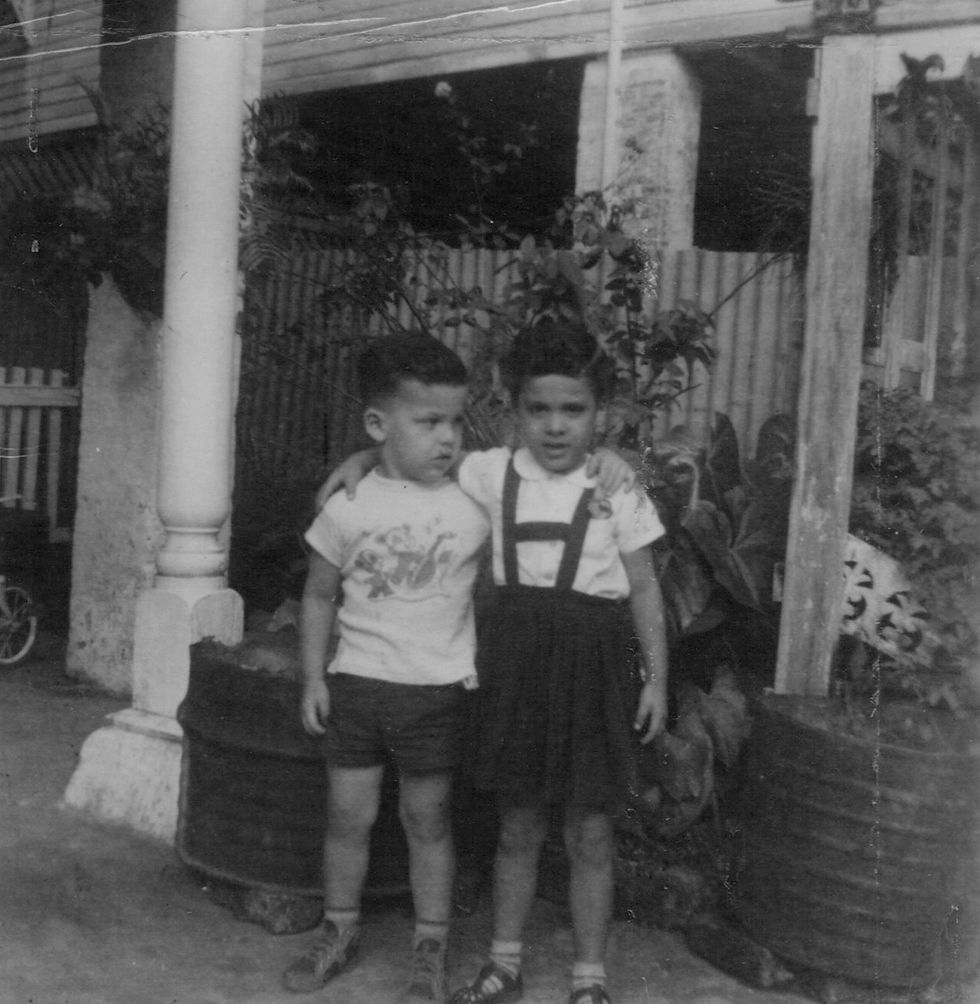On leaving home
- donnanebenzahl

- Sep 22
- 2 min read

When I arrived in Montreal in the early 1960s, the city of French and English — the indigenous people from whom the land had been taken were rarely acknowledged — had already been marked culturally and economically by waves of Scottish, Irish and Eastern Europeans, followed by Hungarians, Greeks and Portuguese. The influence of immigrants is still a part of inner city life today, as they settle, build a life and then move on.
My brother and I immigrated to Canada not in a massive wave but as part of a trickle from a different Portuguese community, those from the tropics who had left a British colony they had for generations called home. The separation of British Guiana from the British who had colonized the country meant an uncertain future for my family, who had migrated from Madeira to South America in the early 1800s. And they were right to leave — decades of repression followed the country’s early attempt at democracy.
But I knew nothing of the politics. I only knew that my brother and I were leaving our tropical home and moving to a country known as Canada. Children tend to live in the moment, so at some point growing up I began to wonder what was percolating under the ease with which we seemed to accept this new world. We were enthusiastic participants in our tropical early lives; how much did this leaving affect us?
For a child, being displaced from home is considered a significant formative experience, says Mary Fowke, a Lisbon-based therapist and writer from Nova Scotia. (Meeting Mary was one of the most clearly serendipitous events of my life — but more about that later.) “Home of origin is the source of first attachments upon which all others are built,” Fowke wrote in her treatise exploring the immigrant writer’s experience.
So it’s no wonder leaving one’s childhood home, whether displaced by a parent’s career or escaping persecution or war, is wrenching. When this happens to both child and parent, experts say, the result can be an absence of fixed cultural identity, perhaps confused loyalties with respect to values, even a confusion over identity.
Makes sense, then, that the most successful displaced groups stick together, taking comfort in their commonalities, their rituals and habits. This is what my Portuguese ancestors did in the 1800s when they settled in British Guiana, and in the 1950s and 1960s, when they immigrated to Canada.
For immigrant children, leaving their homeland results in a dislocation that sets them apart. A great divide, wrote memoirist Eva Hoffman, who arrived in Canada from Poland in her early teens, “in which the past was on one side, preserved in memory perhaps, but eternally severed from the present.”
This is one of the questions that the childhood I examine in my book has raised. Like so many immigrant children, despite an extended family and many behaviours that I understood — how to handle cold weather was not one of them — I had to navigate a life that had previously been unknown to me. I was a stranger here, an exile from the place I called home. “We are all exiles,” wrote Edward Said, “when what we are leaving is a love for and bond with our native place.”

Comments